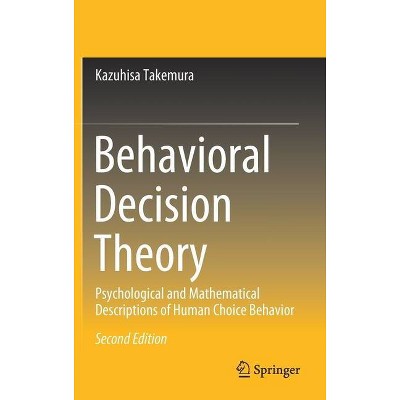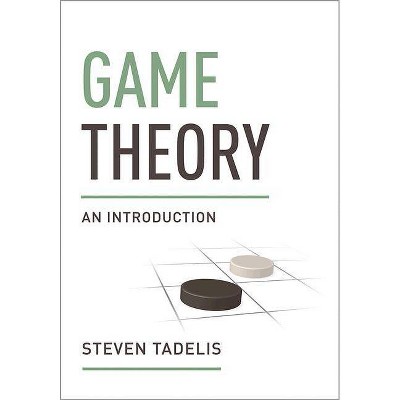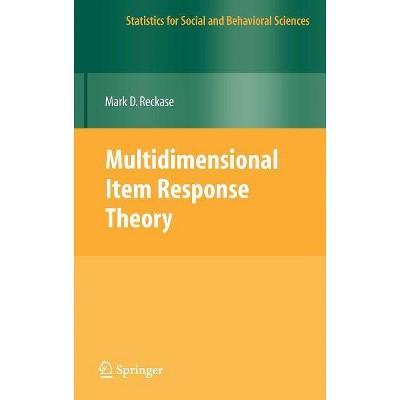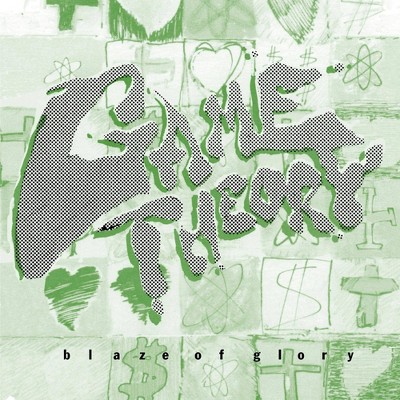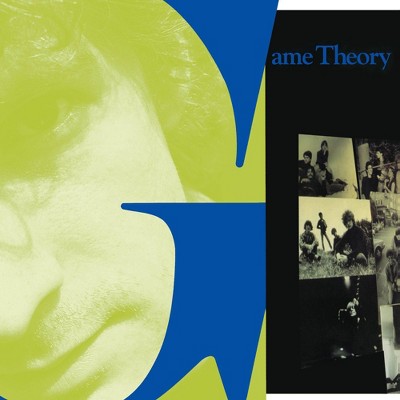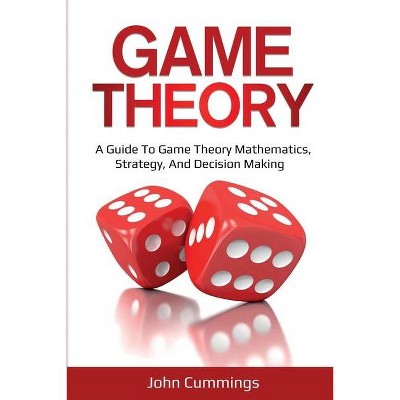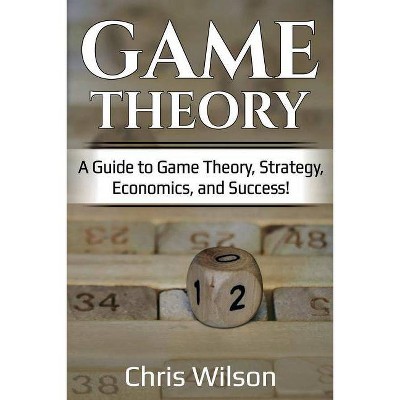Behavioral Game Theory - (Hardcover)
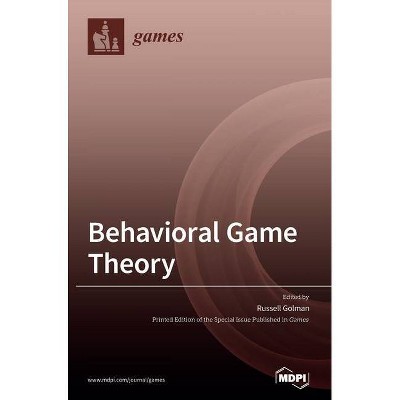
Similar Products
Products of same category from the store
AllProduct info
<p/><br></br><p><b> Book Synopsis </b></p></br></br><p>How do interacting decision-makers make strategic choices? If they're rational and can somehow predict each other's behavior, they may find themselves in a Nash equilibrium. However, humans display pervasive and systematic departures from rationality. They often do not conform to the predictions of the Nash equilibrium, or its various refinements. This has led to the growth of behavioral game theory, which accounts for how people actually make strategic decisions by incorporating social preferences, bounded rationality (for example, limited iterated reasoning), and learning from experience. This book brings together new advances in the field of behavioral game theory that help us understand how people actually make strategic decisions in game-theoretic situations.</p><p><br></p>
Price History
Price Archive shows prices from various stores, lets you see history and find the cheapest. There is no actual sale on the website. For all support, inquiry and suggestion messages communication@pricearchive.us
